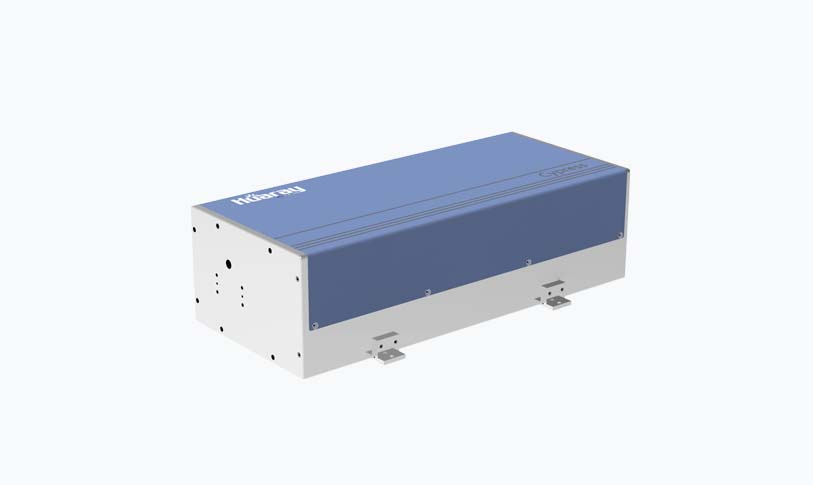[galvanometer mirror scanner]Galvanometer Mirror Scanner: A Comprehensive Guide to Understanding and Using
News 2025-6-25
What is a Galvanometer Mirror Scanner?
A galvanometer mirror scanner is an essential component in various scientific and industrial applications, including laser scanning, microscopy, and optical instrumentation. It consists of a galvanometer, a type of electrical motor, and a mirror, which together provide precise control over the movement of a beam of light. The galvanometer mirror scanner allows for rapid and accurate scanning of surfaces or patterns in two dimensions.
How Does a Galvanometer Mirror Scanner Work?

Galvanometer Mirror Scanner: A Comprehensive Guide to Understanding and Using

Galvanometer Mirror Scanner: A Comprehensive Guide to Understanding and Using

Galvanometer Mirror Scanner: A Comprehensive Guide to Understanding and Using
2. Microscopy: In microscopy, galvanometer mirror scanners are used to accurately scan samples for analysis. They enable high-resolution imaging and provide precise control over the scanning process.
3. Optical Instrumentation: Galvanometer mirror scanners are also used in optical instruments such as spectrographs and bar code scanners. They provide precise positioning of the beam for accurate measurement and analysis.
4. 3D Scanning and Printing: In 3D scanning and printing, galvanometer mirror scanners are used to scan objects quickly and accurately. They enable the creation of detailed 3D models and provide precise control over the printing process.
Choosing the Right Galvanometer Mirror Scanner
When selecting a galvanometer mirror scanner, it is essential to consider factors such as resolution, speed, accuracy, and compatibility with your specific application. It is also important to consider the durability and reliability of the scanner to ensure long-term performance. Seeking professional advice and conducting thorough research can help you choose the right scanner for your needs.
Conclusion
Galvanometer mirror scanners are crucial components in various scientific and industrial applications. With their precision control and high-speed scanning capabilities, they play a vital role in ensuring accurate and efficient operations. Understanding their working principles and applications can help you choose the right scanner for your specific needs.